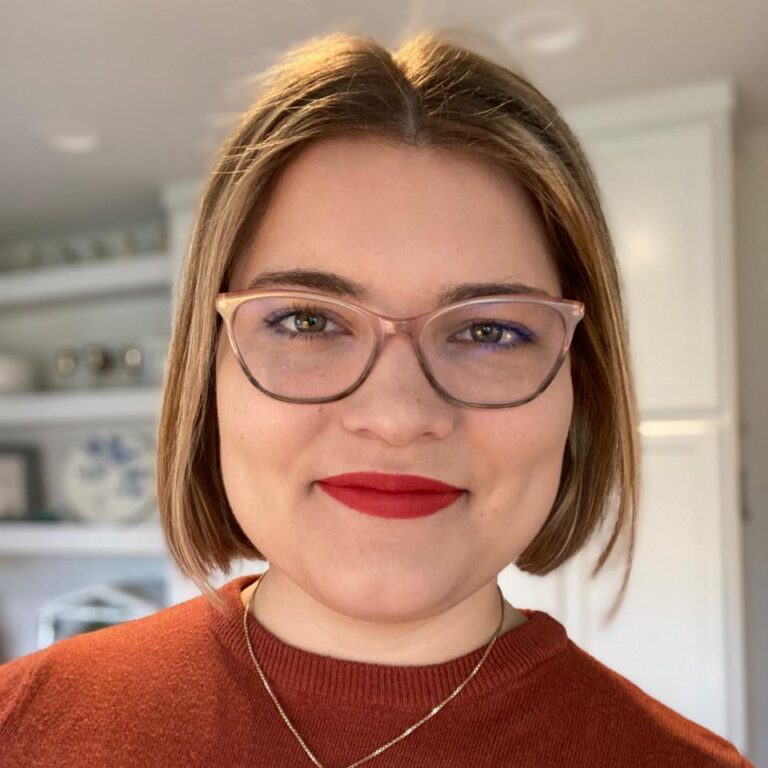I heard recently about an area church that doesn’t sing.
They don’t dislike music. There’s still a small band that plays music throughout the service.
But the people just listen.
I think the argument this church makes is that not everyone loves to sing. And not everyone can sing…or at least they don’t sing well enough to feel comfortable doing so in front of other people. So this church offers people a way to experience music without having to participate in the making of it.
I’m not against listening to music. I’m a firm believer that receiving music in a worship service – allowing it to wash over you as a gift – can be a deeply worshipful experience.
But boy, I’d miss the singing.
On Easter Sunday, I had the delightful experience of conducting our church choir. The choir hadn’t sung in three years, and doesn’t have a regular choral director, so I decided to give it a whirl.
It was SUCH fun.
I’ve sung in choirs all my life, and to be on the other end of it now – preparing the music, leading rehearsals in the weeks preceding Easter, circling the spots that needed review, flapping my arms about, and repeating all the little tips and tricks I’ve heard over the years – was a deeply rewarding experience.
But what struck me in particular was how much this choir represented for me a way of existing in community together. Each Thursday as I prayed at the beginning of rehearsal, I thanked God for the opportunity to stand side-by-side, to offer our voices, but also to listen closely to one another, so that together we would make something that could not exist in the same way if we were not paying attention to the presence of the others around us.
That’s a beauty of making music together. It brings us into an awareness of others, and an awareness of our need of others.
I was talking about this with my friend a few months ago. She grew up in church, but is now what we might call “spiritual but not religious” (though for a really good take on why we need a better categorical term than that, see Krista Tippet’s recent interview with Barbara Brown Taylor on the OnBeing podcast). What my friend misses most about church, she said, is the singing. Because with singing comes the knowledge, the sense, of being part of something larger than yourself. And that sense stirs the soul in a particularly powerful way.
It’s the same sense you get at concerts, singing en masse along with the band to a song that lives deep in your bones, reveling in being part of a group that shares a similar love of the music.
People are hungry for that sense of belonging, of meaning, of something beyond their own individual selves.
And people are tapping into that longing.
One group that’s paying attention to this longing is Pub Choir, a music act out of Brisbane, Australia. At each “show,” the conductor and composer Astrid Jorgensen arranges a popular song and teaches it to the audience in three-part harmony. At the end of the evening, the audience performs the song along with the band, and the video of their performance gets uploaded to social media. Anyone can participate, regardless of music talent or ability, and be part of this music-making together.
Or there’s Choir! Choir! Choir!, a weekly drop-in singing event that meets on Tuesday evenings at a pub in Toronto. Led by Daveed Goldman and Nobu Adilman, these pop-up choirs have been joined by guest singers including Bruce Cockburn, Sarah Harmer, and Rufus Wainwright, and they’ve performed on large stages across North America, but mostly they’re just gatherings of people who get a lyric sheet at the door, and by the end of the evening are performing a song to and with each other.
Or there’s Jacob Collier, the British singer, song-writer, and musician. My Facebook feed has been filled recently with videos of Collier’s shows, particularly his audience engagement. Collier turns the entire crowd into a mass choir, splitting them into sections and directing them through chord progressions that produce amazing harmonies and truly ethereal music.
In all these cases, the music isn’t going to be perfectly finessed or worthy of Royal Albert Hall. But people aren’t participating for the sake of making exceptional music…they’re participating to just make music with other people, to be part of something larger than themselves.
Our church choir sang well on Easter Sunday. I was so pleased and grateful for their hard work and how it paid off. But hands down, my favourite moment in that service was when we brought the voices of the congregation into our song. As our response of praise after communion, the choir sang an arrangement of “Behold the Lamb,” an old gospel hymn by Dottie Rambo. The piece concludes with the first verse of “Crown Him with Many Crowns,” and a few bars before that familiar verse I turned and invited the congregation to stand and join us.
It was a magnificent sound, this sanctuary full of people rejoicing at the end of this service of celebration. Nevermind that the music was slightly different than what the congregation was used to and we got a little out of sync and it wasn’t perfect. It was beautiful. It was exactly right.
Singing together pulls us out of ourselves, pulls us into the story, pulls us into the community of people who aren’t perfect and polished and always on key, but whose presence in the song reminds us that each person is part of something bigger, something grand, and something meaningful – together.

